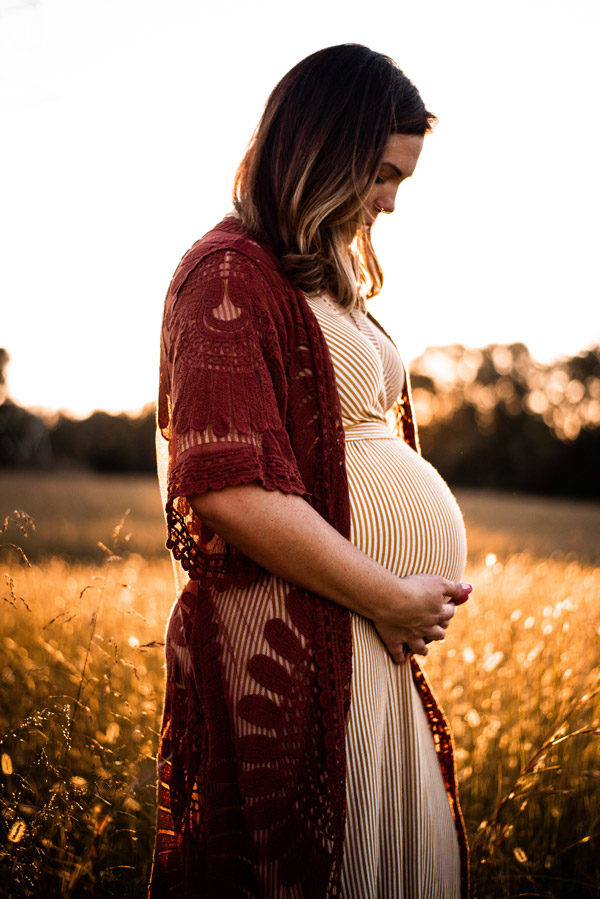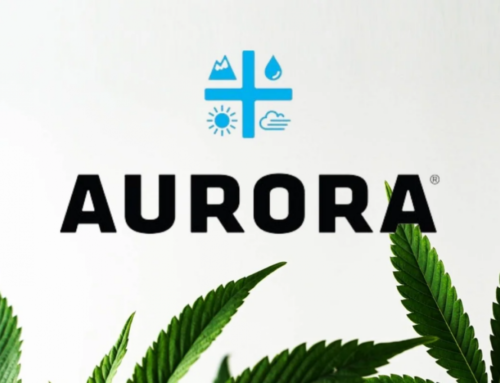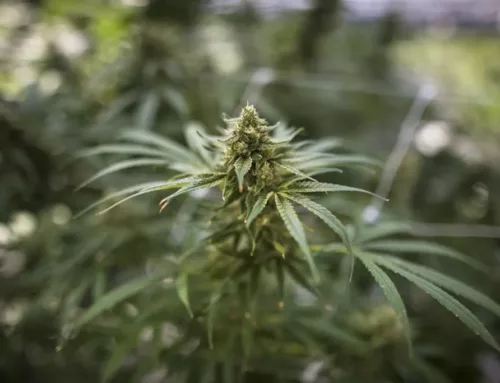Cannabis and Pregnancy — What You Need To Know
Cannabis has been used medicinally throughout history for all different kinds of maladies, including many women’s health conditions. Ancient Egyptians made a paste made of cannabis leaves to put on sore breasts for women. In the late eighteenth – and nineteenth-centuries, doctors declared a drink combining milk, sugar, and marijuana to be an effective treatment for gonorrhea. It is also well-documented that Queen Victoria of England regularly consumed hash candies to help treat PMS.
Cannabis has also been used in the past to help women during childbirth and after childbirth. In 1851, the Monthly Journal of Medical Science of Edinburgh claimed cannabis had a “remarkable power of increasing the force of uterine contraction during labour.” Additionally, nineteenth-century women in Austria and Germany used a paste made of marijuana and animal fat to place on swollen or painful breasts after childbirth.
In modern times, prenatal cannabis use has been discouraged; in certain states, parents may even lose custody of their kids. However, despite decades of warnings that it could have harmful effects on the fetus, some women are now turning to the plant to help aid with morning sickness, back pain, and other symptoms. Thanks to researchers, more studies are being conducted to understand the potential effects of cannabis use by pregnant women on their unborn children.
What have scientists found and how is the data affecting public opinion about cannabis and pregnancy? Read on to learn more.
Shifting Attitudes
Katie (name has been changed) is a 29-year-old mother of a toddler-aged child who lives in Washington state, where both medical and adult-use marijuana is legal. She occasionally smoked cannabis during her pregnancy in order to find relief from back pain and nausea.
“I only used it a few times but I think it helped. I would have a bad lower back and extreme morning sickness. Sometimes at night, I would feel waves of sickness and it would help take it away.” She adds that friends of hers who had used cannabis during their pregnancies did not see any negative results in their kids, which made her feel more comfortable trying it herself.
“It’s a natural thing, so I was ok with (using) it just a few times.”
Katie is not alone in exploring cannabis use during pregnancy. In a recent federal survey, almost 4 percent of mothers-to-be said they had used marijuana in the past month in 2014, compared with 2.4 percent in 2002. By comparison, roughly 9 percent of pregnant women ages 18 to 44 acknowledge using alcohol in the previous month.
While 4 percent is still a very small number, it still represents a potential shift in women’s attitudes toward using cannabis medicinally during pregnancy. As more states legalize marijuana, numbers could potentially climb.\
However, there have been a few observational studies conducted that offered a bit of insight into any negative outcomes that could occur.\
Potential Birth Risks
Observational studies have shown that there are two main potential risks associated with prenatal cannabis consumption: lower birth weight and lower gestational age. The average weight of a newborn baby at birth is around 7.5 pounds and the typical gestational age (how long the fetus has been in utero) is between 38 and 42 weeks.
However, study results have been a bit contradictory. For example, one 2012 study published in Pediatric Research suggested that there is, in fact, a very small correlation between marijuana use during pregnancy and potential preterm birth. Researchers concluded:
“If we assume there is a causal relationship between the exposure and outcome, 2.5% of low birth weight, 1.5% of preterm delivery, and 2.7% of admission to the NICU could be prevented if pregnant women did not use cannabis during pregnancy.”
However, a 1992 study published in General Obstetrics and Gynecology, did not find a direct correlation between prenatal marijuana consumption and negative birth outcomes. The study did find that women who used tobacco while pregnant had a 15 percent higher chance of preterm birth due to the nicotine and carbon monoxide in cigarette smoke.
Possible Long-Term Effects
There has been some evidence linking prenatal cannabis use and behavior issues throughout childhood and adolescence. A study conducted at the University of Pittsburgh and published in Neurotoxicology and Teratology found that 6-year-olds born to mothers who had smoked one joint or more daily in the first trimester showed a decreased ability to understand concepts in listening and reading. At age 10, children exposed to THC in utero were more impulsive than other children and less able to focus their attention.
As with the studies mentioned above regarding negative birth outcomes, there is conflicting evidence on the long-term effects of cannabis in pregnancy. A longitudinal study of Jamaican women from the 1980s tracked children from birth to age five, some of which had been exposed to cannabis in utero. At age five, the children were given a range of tests, including McCarthy Test of Children’s Abilities. Researchers found no evidence that cannabis use during pregnancy affected children’s academic performance. While there was no firm reason as to why the results resulted in the way they did, but it may be attributed to cannabis in Jamaica having a lower THC concentration than what was available at the time in the United States.
Final Thought
While there is no concrete evidence regarding the outcomes of using cannabis while pregnant, it is still important to consider all factors. Women have been using the plant medicinally for millennia, but that doesn’t necessarily mean it’s safe. More conclusive, peer-reviewed research is necessary before a final judgment call can be made. For example, are the risks of eating cannabis the same as smoking it?
Elizabeth Nash, a policy analyst at the Guttmacher Institute, believes that being open and honest with physicians regarding cannabis use while pregnant.
“If you’re going to consider it like medicine,” she said in an interview with the New York Times, “then treat it like medicine and talk to your doctor about it.”




































